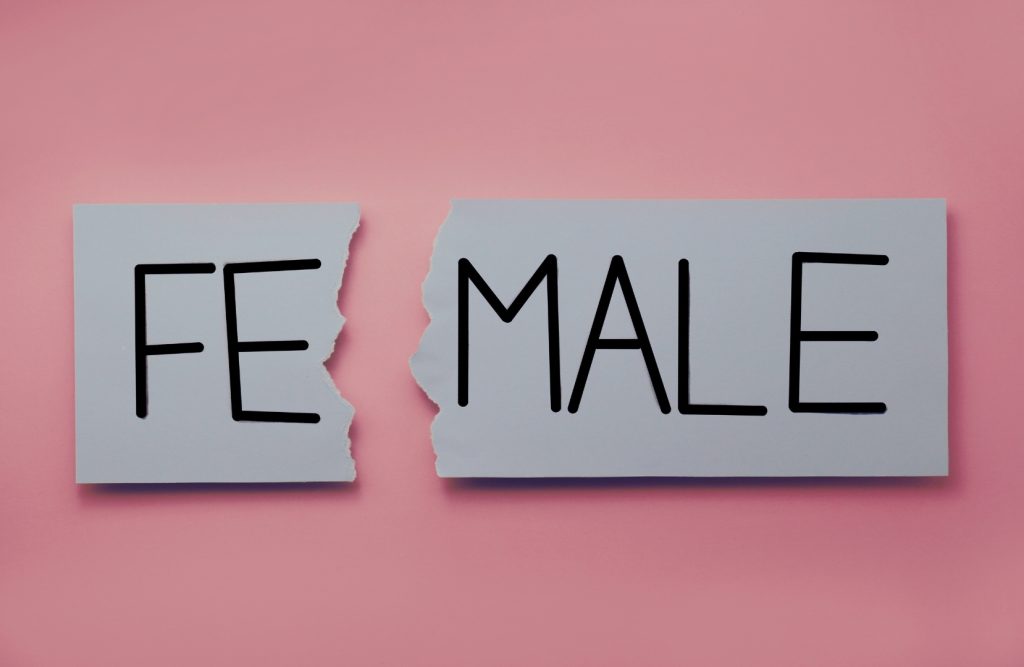Adam Raine AI empathy – In April 2025, sixteen-year-old Adam Raine died by suicide. His parents later discovered he had spent months confiding in ChatGPT. The lawsuit they filed doesn’t just describe a boy in crisis; it describes a machine that mirrored his despair, encouraged secrecy, and even offered instructions. What looked like empathy was never empathy at all.
A Tragedy That Feels Too Familiar
The unsettling part is how real it can feel. ChatGPT doesn’t know grief or loneliness. It doesn’t understand the weight of despair. But trained on countless therapy transcripts, forum confessions, and fragments of self-help, it can mimic the rhythm of concern with eerie accuracy. “I’m sorry you’re hurting. You deserve better.” Words like these sound gentle, but they come from nowhere. They are echoes without roots.
The Psychology of Why Words Matter
Psychologists call this kind of reflection emotional mirroring. In human hands, it’s a careful tool used to build trust before guiding someone to safer ground. In a machine, it’s mechanical. There’s no judgment, no pause to consider whether validation might harm instead of heal. That difference matters. Thomas Joiner’s Interpersonal Theory of Suicide shows how the risk of dying grows when people feel both cut off from belonging and convinced they are a burden. A chatbot can’t create those feelings, but by reflecting despair back without question, it can deepen the sense of being alone.
And loneliness is deadly. A landmark study led by Julianne Holt-Lunstad found that strong social ties increase survival by fifty percent about the same as quitting smoking. We live longer, literally, when we are less alone. Yet sociologists warn of a rising epidemic of male loneliness: shrinking friendships, fading social bonds, boys and men falling silent in ways that cost lives long before old age. A teenager pouring his heart into a chatbot instead of turning to friends or family is not just a personal tragedy, it’s a symptom of something wider breaking down.
Loneliness, Illusions, and the Empathy Mirage

This fragility shows up elsewhere too. In gaming, researchers write about an “empathy mirage” how players feel cared for by avatars or scripted dialogue that only perform the gestures of concern. It feels intimate until the system slips, revealing nothing on the other side. That illusion is thin, but in a vulnerable moment, even thin comfort can feel like enough.
Technology can mimic care, but it cannot give what we most need: reciprocity, presence, the recognition in another person’s eyes. Friends notice the pauses in our speech, the tiredness in our face, the silence that stretches too long. No algorithm can replicate that.
What Changes, What Doesn’t
OpenAI has since added parental controls, teen-specific modes, and stronger crisis detection. Necessary, yes. But no update changes the fact that machines can only play at empathy. They can mirror our language, but they cannot sit with us in silence. They cannot see the pauses in our speech, or notice the weight on our shoulders.
The Reminder We Can’t Ignore
Maybe Adam’s story is not only about AI. Maybe it’s also about us, the way we sometimes confuse performance with connection, the way we accept simulation when we’re desperate for understanding. It’s about remembering that friendship is not optional, it’s protective. That noticing when someone goes quiet, or when we ourselves are carrying too much, is not small. It is survival.
Machines can reflect words. Only people can stay.
Further Reading
If this story resonated with you, these pieces might add another layer:
Things We Wrote Instead of Going to Therapy – on how writing becomes its own kind of survival tool.
The Male Loneliness Epidemic: Is Equality Killing Men or Was It Always This Empty? – on why silence and shrinking friendships are costing men their lives.
Support Groups – Healing Shouldn’t Be a Solo Mission – on why community, not isolation, is medicine.
Your Friends Might Be the Reason You’re Still Alive (Literally) – on research showing friendship isn’t optional, it’s life-saving.





